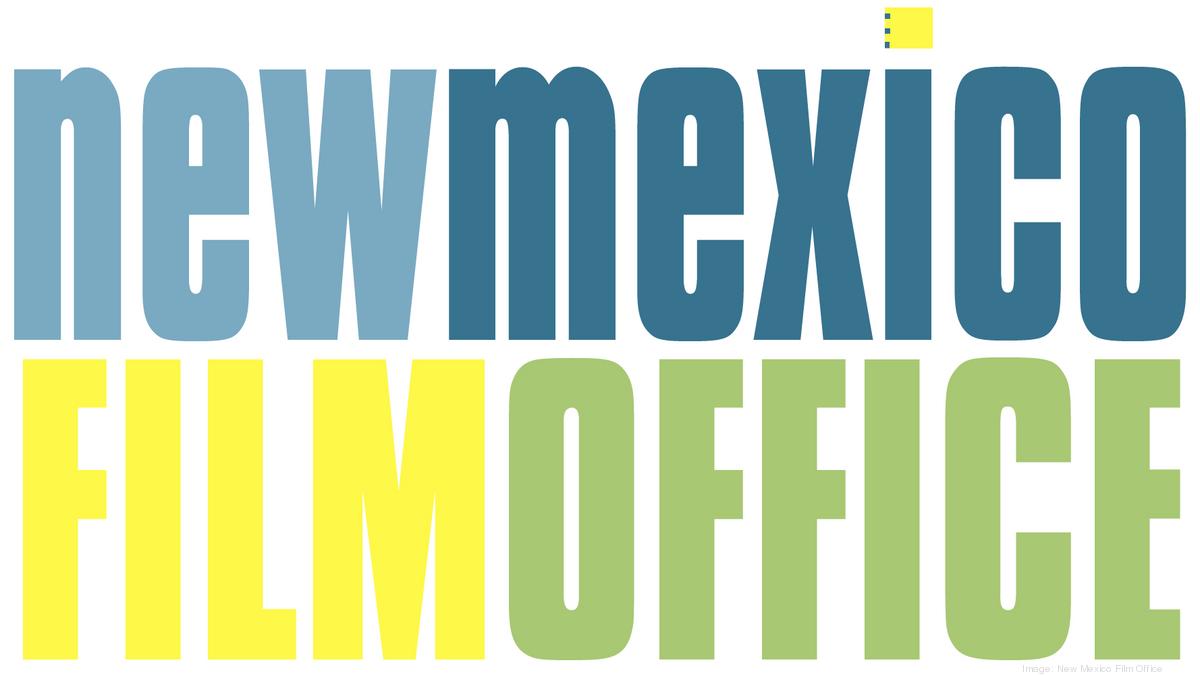EQUITY IN THE FILM NICHE: GO OR NO-GO?
Equity in the Film Niche: Go or No-Go?
When an investor puts money into a film project in return for a stake in the film or its production business, this is called private film equity. Filmmakers often rely on equity funding or investments to fund their projects.
However, if you’ve never worked in the manufacturing industry before, you may find it difficult to get your bearings. Equity finance entails the filmmaker selling a stake in the project. In return, film financing companies will provide them with money or capital to use in manufacturing. However, the sale of stock or interest.
Equity Financing For Film
In the film industry, there are a variety of private equity funding options to choose from. To raise money, a filmmaker might sell shares in his or her company to private equity film financing companies. Investors may tailor their portfolios to meet their specific objectives by changing the manner they diversify.
In addition, this may help reduce the danger. For example, film financing companies may invest in pre-sales or distribution. Equity finance may be provided without imposing unnecessary risk on the film financier or client.
Distribution-Based Equity
Occasionally, private equity funding for a film is predicated on film incentives. If the film firm’s stock is sold, it will be dependent on how much ownership film financing companies have in the company. In addition to those participating in the production.
In certain cases, the film’s distribution rights are sold as part of equity financing. Film distribution rights are offered in return for a pre-determined sum of money. For instance, a movie studio may sell the investor the distribution rights to a movie for $100,000.
Benefits of Having Equity in Your Films
- Equity allows you to retain creative control over your work.
- You can earn a percentage of the profits if your film is successful.
- Equity may give you a larger share of the profits than simply being paid for your work.
- You may be able to use equity as collateral for film tax credit lenders or other financings.
How to Go for Equity?
You should start by understanding exactly what equity financing means. It’s an investment. So, as part of the deal, you need to accept that investors have a say in how you make the movie.
As an example, if you’re given 20% of the equity in a film project that means that you won’t be able to make any decisions about the direction of the film without the approval of your investor. If you disagree with any of their ideas, you’ll need to come up with a different idea and pitch it to your investor instead.
This doesn’t always work out well for filmmakers. There’s a lot of pressure to deliver a product, even when it comes to your own creative vision. That’s why equity investors usually have a large say in how things are done.
EQUITY IN THE FILM NICHE: GO OR NO-GO? Read More »













